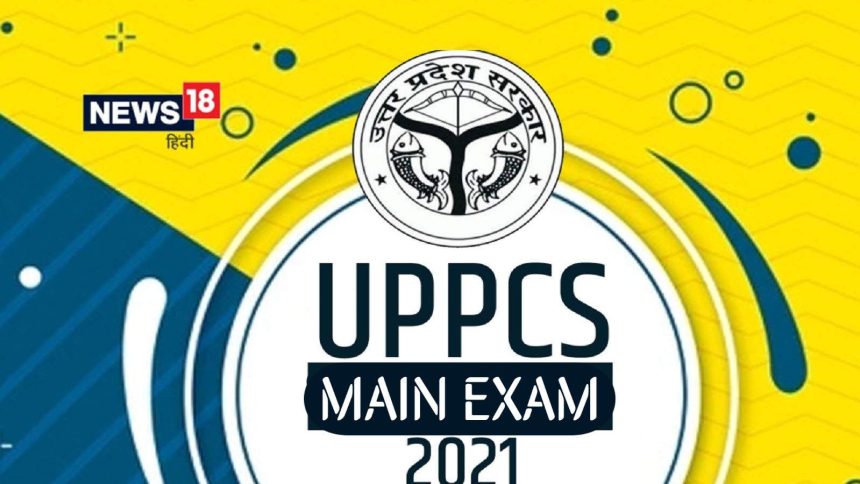Preparing for any Government examination requires a specific time period. The aspirants must prepare a timetable with timings properly given to every subject. However, the aspirants must also make a rough time frame to prepare for the examination without dragging it too long. The time needed for UPPCS preparation may depend on the learning capacity of different candidates. Apart from that, UPPSC PCS preparation time will be different for the candidates belonging to different age groups and educational backgrounds. However, there are some extreme UPPSC PCS exam tips that you can incorporate into your life if you want to crack it in the first go. Given below are the details regarding the time required for UPPCS preparation.
UPPCS is the famous name of the exam- Uttar Pradesh Combined State/Upper Subordinate Exam conducted by UPPSC or Uttar Pradesh Public Service Commission. Basically, the UPPCS is the name derived from Uttar Pradesh Provincial Civil Services. The UPPCS exam recruits state government functionaries in provincial civil services and other state services. These functionaries get their posting in different important departments such as land records, land revenue, general administration, and the likes.
Time Required For UPPCS Exam Preparation
The learning capacity of the different aspirants is different, and no one can prepare a foolproof time frame to crack the UPPSC PCS exam. However, the rough timetable to prepare for the UPPCS examination will be around 12 months. If the candidate gives 5 to 6 hours daily to your preparation, you can easily cover all of the subjects or topics and the important points related to each topic. Apart from that, the time period of preparing for the examination also depends upon the type of coaching you are taking and the types of educational study material you are consuming. It also depends on when you started to prepare for the UPPSC PCS examination. If you directly start preparing for the UPPSC examination after your 12th, you will most probably take less time duration to prepare for it now.
UPPSC PCS Preparation Tips
The civil services exam is an eminent one, and the standard of papers designed for it is such that it tests the analytical and conceptual clarity of the aspirants.
BYJU’s Exam Prep experts present a few tips that can help aspirants track their preparation are:
- Each topic or subject that finds its place in the UPPSC syllabus is important, and a candidate should never skip any of those.
- For State Service Exams, a contender should read the state board textbooks as these give pertinent information on several topics mentioned in the syllabus.
- Each topic, like History, Polity, Geography, etc., should also be read keeping in mind the state’s aspects.
- The Source of practice is past years’ question papers. Find those on the official websites.
UPPCS Important Study Material 2021
In order to successfully prepare for the UP PCS preliminary and main exam and in order to Crack UPPSC Examination Strategy, you will have to have the correct books or study material related to the test. BYJU’s Exam Prep experts has compiled the list of UPPSC PCS books that you can buy online if you want to prepare for the UPPCS exam in much less time than others. However, the time period in which you prepare for the UPPSC PCS exam is really important because it will decide whether you will be able to crack the examination.
- Current affairs of National and International- One newspaper daily
- Indian History & National Movement- NCERT book and for Modern History – by Spectrum (Rajiv Ahir)
- National Movement – by IGNOU B.A. Notes
- Indian and World Geography- School Geography Textbooks from Class 6th to Class 12th
- Polity and Indian Governance- by Laxmikanth and the candidates can also follow School textbooks.
- Development and Social Economic- The candidate can follow school textbooks from Class 9th to Class 12th.
- Climate Change and Biodiversity, Environmental Ecology – by PD Sharma
- General Science- The candidate can follow School textbooks from Class 6th to Class 12th.
- Aptitude Examination- by M.K Pandey’s Analytical Reasoning and R.S Aggarwal’s Quantitative Aptitude
Stay Connect with education blogs & Submit a guest post education















